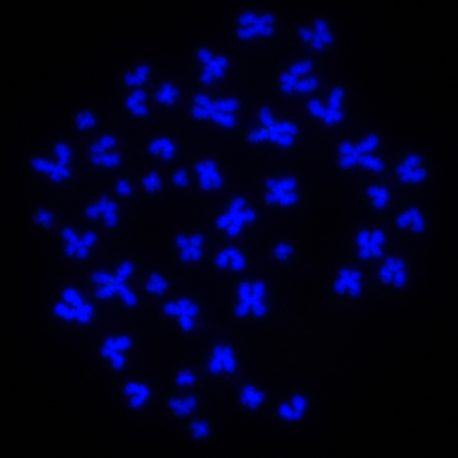
Not from Darwinism? A technique to reveal cells’ epigenetic features is detailed:
The brain’s prefrontal cortex, which gives us our ability to solve problems and plan ahead, contains billions of cells. But understanding the large diversity of cell types in this critical region, each with unique genetic and molecular properties, has been challenging.
Scientists have known that much of this diversity results from epigenetics (such as the chemical tags on DNA) as well as how epigenetic features ultimately fold up within chromosomes to affect how genes are expressed.
Now, Salk researchers have developed a method to simultaneously analyze how chromosomes, along with their epigenetic features, are compacted inside of single human brain cells. A collaborative team of scientists from the Ecker and Dixon labs combined two different analysis techniques into one method, which enabled them to identify gene regulatory elements in distinct cell types. The work, which was published in Nature Methods on September 9, 2019, paves the way toward a new understanding of how some cells become dysregulated to cause disease. “Salk scientists develop technique to reveal epigenetic features of cells in the brain” at Salk Institute
Paper. (paywall)
See also: Epigenetic change: Lamarck, wake up, you’re wanted in the conference room!
Follow UD News at Twitter!